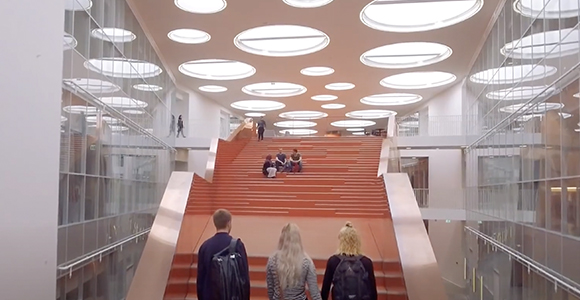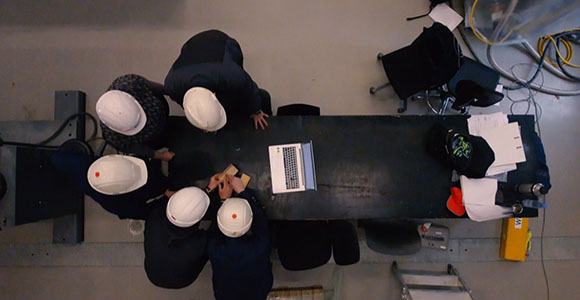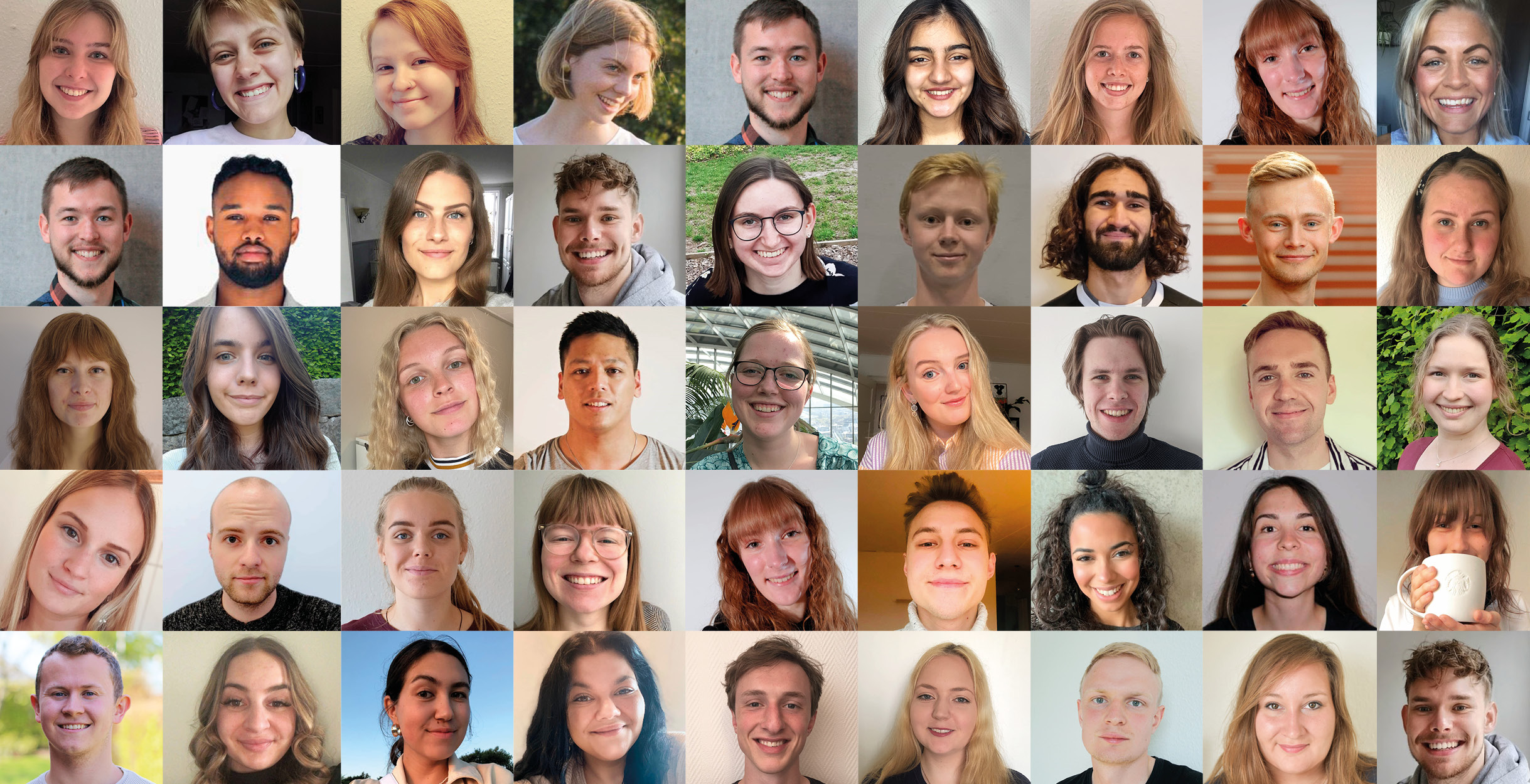Combine engineering with electronics engineering knowledge
Do you dream of becoming part of the green transition, working with the latest robot technology, or perhaps helping to develop better electric cars? Then the Electronics programme may be something for you.
In our modern, globalised world, the development of electronic solutions is becoming increasingly important. The development and application of industrial and consumer electronics is growing and there is an increasing need for engineers with knowledge of electronics.
As a graduate engineer in Electronics, you can help design and develop new, advanced electronic products - from idea to finished product - in areas such as the energy sector, the transport sector, the healthcare system, or the robotics industry.
What will I learn?
In the programme, you will combine engineering with electrotechnical knowledge, which gives you the competencies to be able to solve complex development tasks within electronics, apply programming techniques and collaborate on professional and interdisciplinary projects within scientific development work. The programme will give you core subjects in hardware, software and system design and you will, among other things, learns about analogue electronics, digital electronics, power electronics, programmable electronics, programming, signal analysis, algorithms, system design and much, much more.
How is the programme structured?
During the programme, you will work a lot in project groups, where you and your fellow students will solve problems for companies through case-based work.
The courses in the first years of study will provide you with solid professional knowledge, which you can build on throughout the programme. In the 4th and 5th semester, you will have the opportunity to specialise in optional subject areas through elective subjects. You also have the opportunity to study a semester abroad.
In the 6th semester, you will have a mandatory internship in a company. The internship can be spent in Denmark or abroad.In the 7th and final semester, you prepare a graduation project in collaboration with a company.
What can I become?
The programme provides you with a wide range of career opportunities both at home and abroad. You can work in both the private and public sector. As a graduate engineer in Electronics, you will generally deal with development, design, consulting, sales, and management.
A BEng in Electronics from SDU gives you the opportunity to work in a large number of industries such as the energy sector and the robotics industry.
Can I continue my studies?
A BEng programme is an independent, completed programme. So, after the 3½ years, you are a graduate engineer and can start your professional career.
If you want to immerse yourself further and continue your studies in electronics, you can continue your studies and take a MSc in Engineering - Electronics degree.
That is why you should study...
- You will have good career opportunities because there is a growing need for engineers with competencies in electronics
- You will have the opportunity to contribute to the green transition and work with the latest technology
- You will have the opportunity for an international career, which you can already start during your studies by taking an internship or studying a semester abroad
- You will learn how to develop innovative solutions to specific problems




